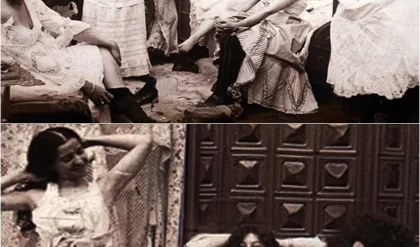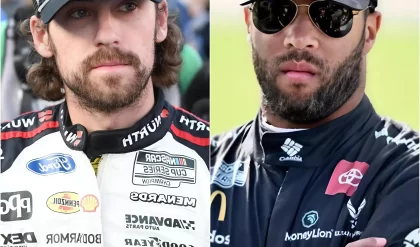In a recent episode of the It’s Giving podcast, Snoop Dogg, the iconic rapper and cultural figure, sparked a heated discussion about LGBTQ+ representation in children’s films. His comments centered on Disney and Pixar’s 2022 animated film Lightyear, a Toy Story spinoff that features a same-sex kiss and a lesbian couple raising a child. Snoop’s candid reaction to the film, particularly a moment where his grandson questioned how two women could have a child, has ignited a broader conversation about diversity in family-friendly media, the role of entertainment in shaping young minds, and the challenges parents and grandparents face in navigating these topics.
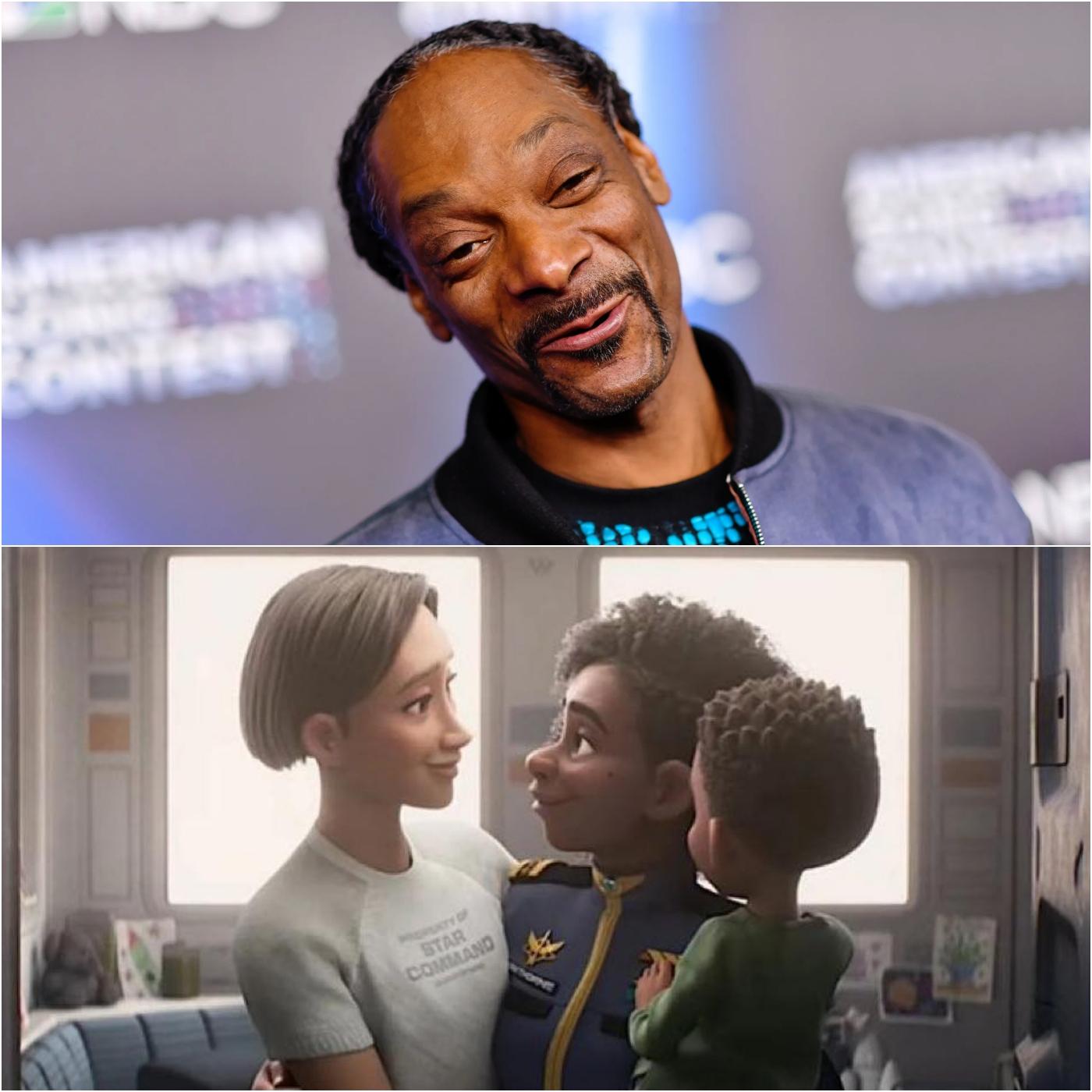
Snoop Dogg, whose real name is Calvin Cordozar Broadus Jr., recounted his experience watching Lightyear with his grandson. The film includes a montage where Alisha Hawthorne, voiced by Uzo Aduba, is shown marrying her partner Kiko and raising a child together. This depiction, which includes a brief same-sex kiss, caught Snoop off guard. He recalled his grandson’s confusion, saying, “Well, my grandson, in the middle of the movie is like, ‘Papa Snoop? How she have a baby with a woman? She’s a woman!’” Snoop admitted his discomfort, adding, “Oh s—, I didn’t come in for this s—. I just came to watch the goddamn movie. It f—ed me up. I’m, like, scared to go to the movies now. Y’all throwing me in the middle of s— that I don’t have an answer for.”
The rapper’s remarks, which reflect his struggle to explain the scene to his young grandson, have stirred a polarized response. For some, Snoop’s comments highlight a genuine concern about age-appropriate content in children’s films. Others, however, have criticized his statements as homophobic, arguing that they undermine the importance of diverse representation in media. The controversy has even led to calls for canceling Snoop’s upcoming performance at the Australian Football League’s Grand Final, with Australian Senator Paul Scarr noting, “I think it’s a Grand Final—it should be about the football, it shouldn’t be about the entertainment.”
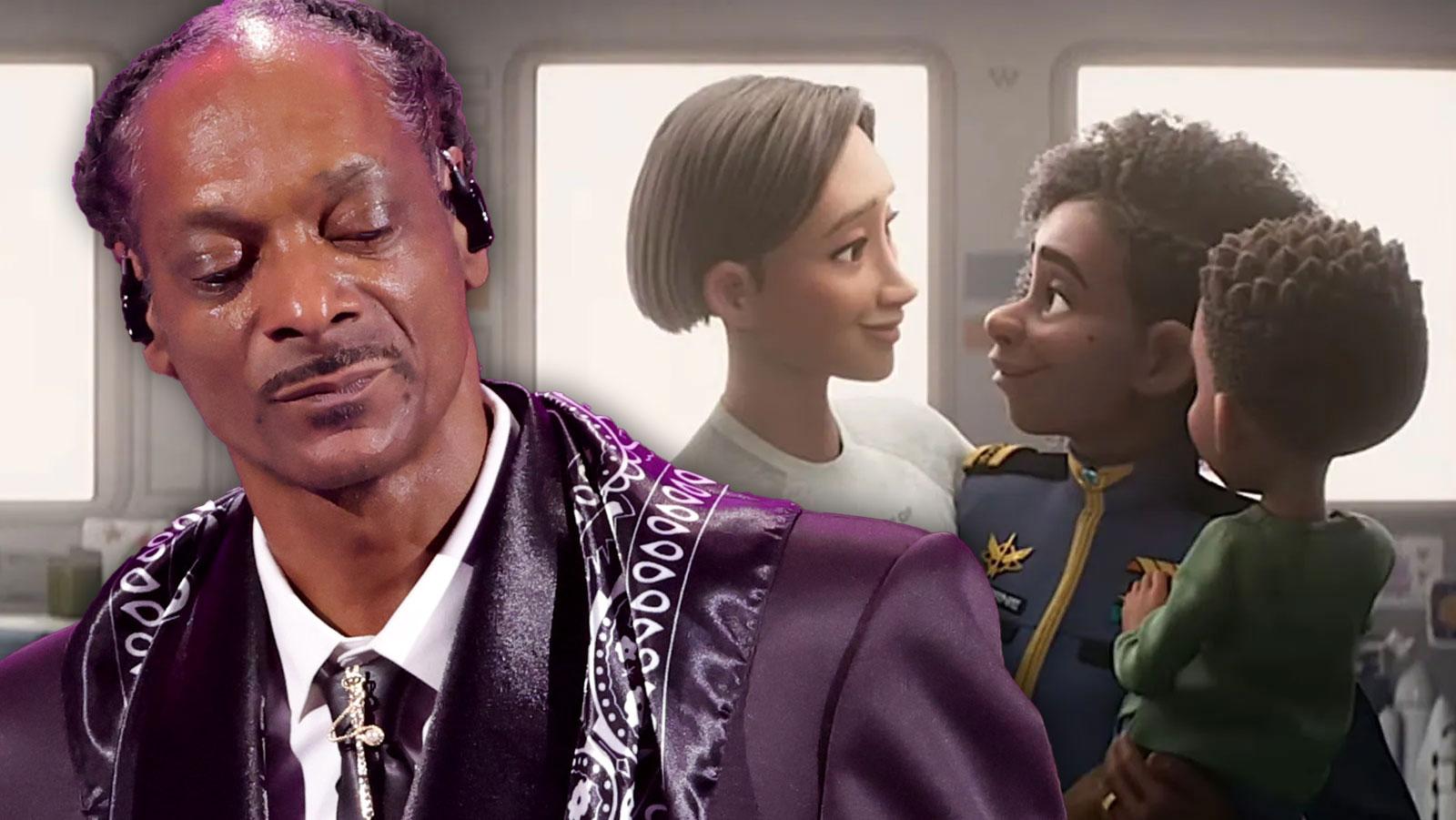
The inclusion of a same-sex relationship in Lightyear was a significant moment for Disney and Pixar. The scene, which almost didn’t make the final cut due to initial concerns from studio executives, was reinstated after backlash from Pixar employees who accused Disney of censoring “overtly gay affection.” Producer Galyn Susman defended the decision, stating, “We’re not going to cut out anything, especially something as important as the loving and inspirational relationship that shows Buzz what he’s missing by the choices that he’s making, so that’s not getting cut.” Chris Evans, who voiced Buzz Lightyear, also weighed in, expressing frustration that the kiss was even a topic of discussion. He told Reuters, “The goal is that we can get to a point where it is the norm, and that this doesn’t have to be some uncharted waters—that eventually this is just the way it is.”
Despite the progressive intentions behind the scene, Lightyear faced significant backlash upon its release. The film was banned in several countries, including Saudi Arabia, Kuwait, Malaysia, and the United Arab Emirates, where authorities objected to the depiction of a same-sex relationship. Conservative commentators in the United States also criticized the film, arguing that it pushed an agenda unsuitable for young audiences. Snoop’s comments echo this sentiment, as he questioned whether such themes should be introduced to children, saying, “These are kids. We have to show that at this age? They’re going to ask questions. I don’t have the answer.”
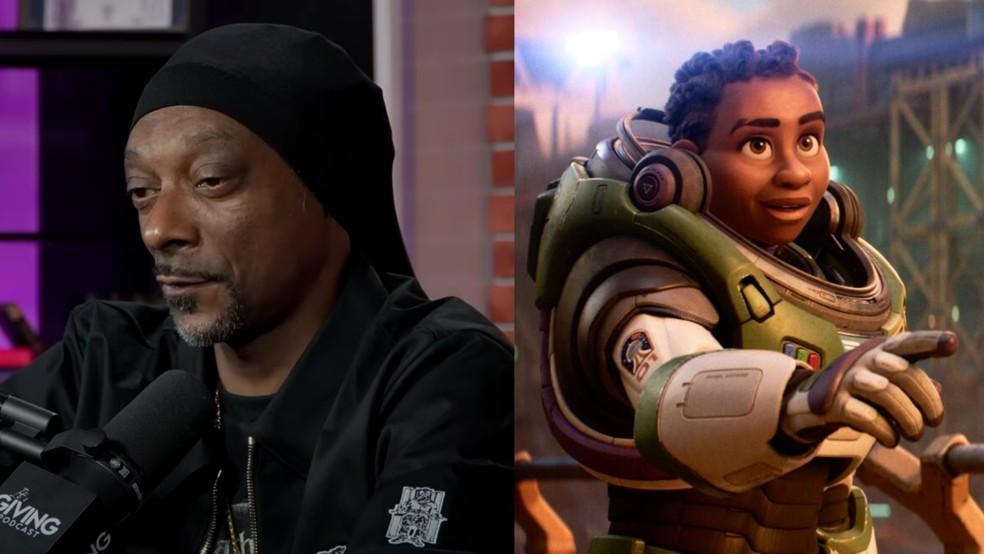
The debate over Lightyear is part of a larger conversation about how media shapes cultural perceptions, particularly for young viewers. Representation of diverse identities in children’s films has been a contentious issue in recent years. While advocates argue that inclusive storytelling helps normalize marginalized identities and fosters empathy, critics like Snoop express discomfort with introducing complex social issues to young audiences. The GLAAD 2025 Studio Responsibility Index, which evaluates LGBTQ+ representation in Hollywood, gave Disney a mixed grade, noting a decline in inclusive content in recent years despite Lightyear’s milestone. The report suggests that while Lightyear marked progress in 2022, subsequent Pixar films like Elio and Inside Out 2 have scaled back on queer themes, possibly in response to cultural pushback.
Snoop’s reaction also sheds light on the challenges parents and grandparents face when unexpectedly confronted with questions about sensitive topics. His candid admission of being “thrown for a loop” resonates with many who find themselves unprepared to discuss issues like same-sex relationships with young children. This sentiment is not unique to Snoop; it reflects a broader tension between evolving societal norms and the expectations of family audiences. As one social media user commented, “Why can’t we be represented in anything without straight people freaking out? It’s not an agenda.” Another user, however, defended Snoop, writing, “How is answering his grandson’s question even close to the horrors of answering how a man has a baby with a woman?”
The backlash against Snoop’s comments has been swift, particularly on platforms like X, where users have expressed disappointment and labeled his remarks as homophobic. One post read, “Wow. I am so embarrassed that I ever liked him,” while another called him “the biggest sellout in Hip-Hop.” These reactions highlight the cultural divide over representation, with some viewing Snoop’s comments as a betrayal of his public persona as a progressive, inclusive figure. His recent performance at a Trump inauguration event has further fueled criticism, with some accusing him of inconsistency given his past criticism of artists who supported Trump.
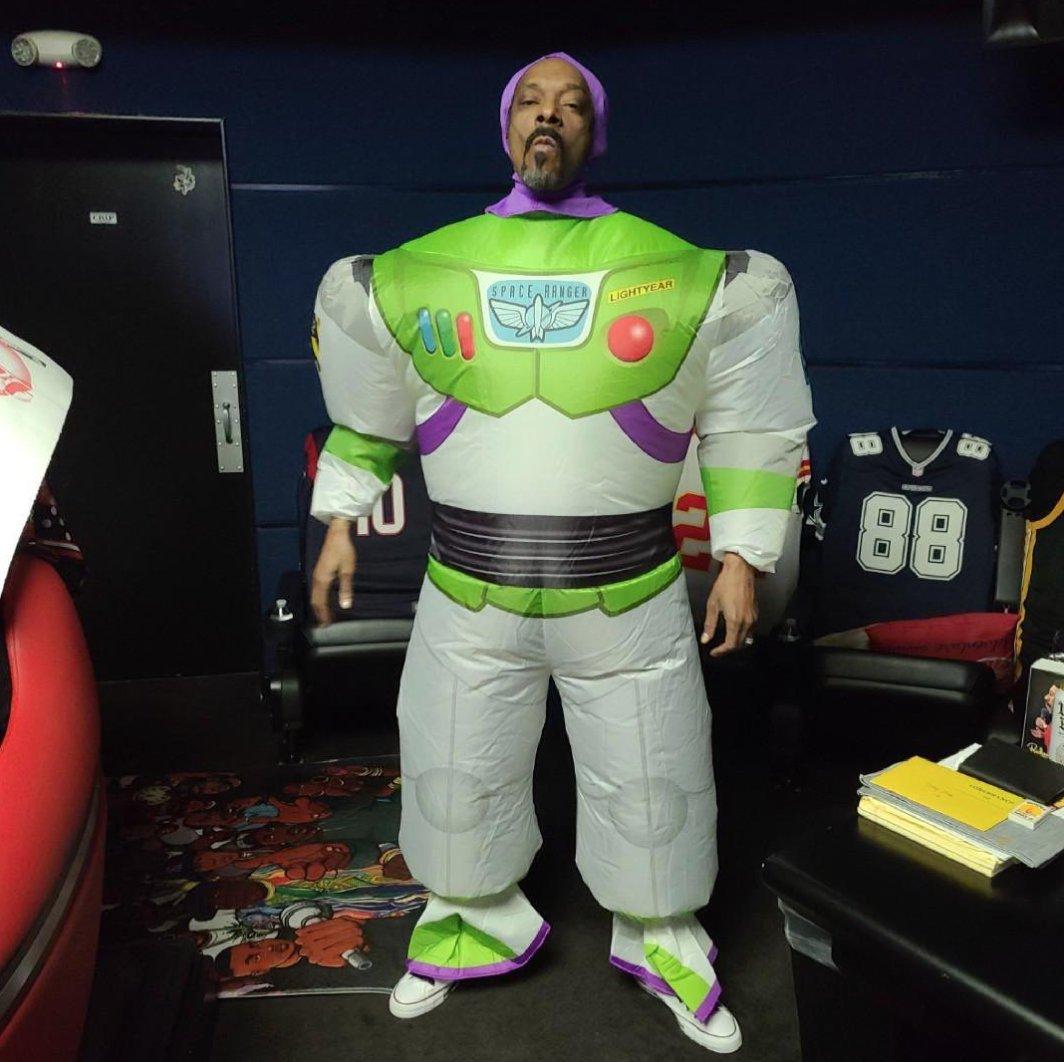
On the other hand, Snoop’s defenders argue that his comments reflect a genuine struggle rather than outright prejudice. They point to his role as a grandfather to seven children, including 10-year-old Zion Kalvin Broadus and 4-year-old Sky Love Broadus, and his desire to shield them from complex discussions they may not be ready for. The Australian Football League’s chief executive, Andrew Dillon, defended Snoop’s upcoming performance, noting, “He has spoken publicly about his past, he has changed, and today he is a grandfather, philanthropist, and global entertainer who has performed at both the Super Bowl and the Olympic Closing Ceremony.”
The Lightyear controversy underscores the delicate balance studios like Disney and Pixar must strike when addressing diverse representation. While inclusivity is a step toward reflecting the real world, it also invites scrutiny from audiences with differing values. For Snoop, the issue is personal—a grandfather caught off guard by a question he wasn’t prepared to answer. For others, it’s a matter of principle, whether that’s advocating for representation or protecting young viewers from mature themes. As Chris Evans aptly put it, “Every time there’s been social advancement as we wake up, the American story, the human story is one of constant social awakening and growth, and that’s what makes us good.”
As the debate continues, Snoop’s comments serve as a reminder of the power of media to spark conversation and challenge norms. Whether his reaction stems from discomfort, surprise, or a deeper resistance to change, it reflects the complexities of navigating a rapidly evolving cultural landscape. For parents, grandparents, and filmmakers alike, the question remains: how do we balance inclusivity with the needs and questions of young audiences? The answer, much like Snoop’s experience at the movies, is far from simple.

